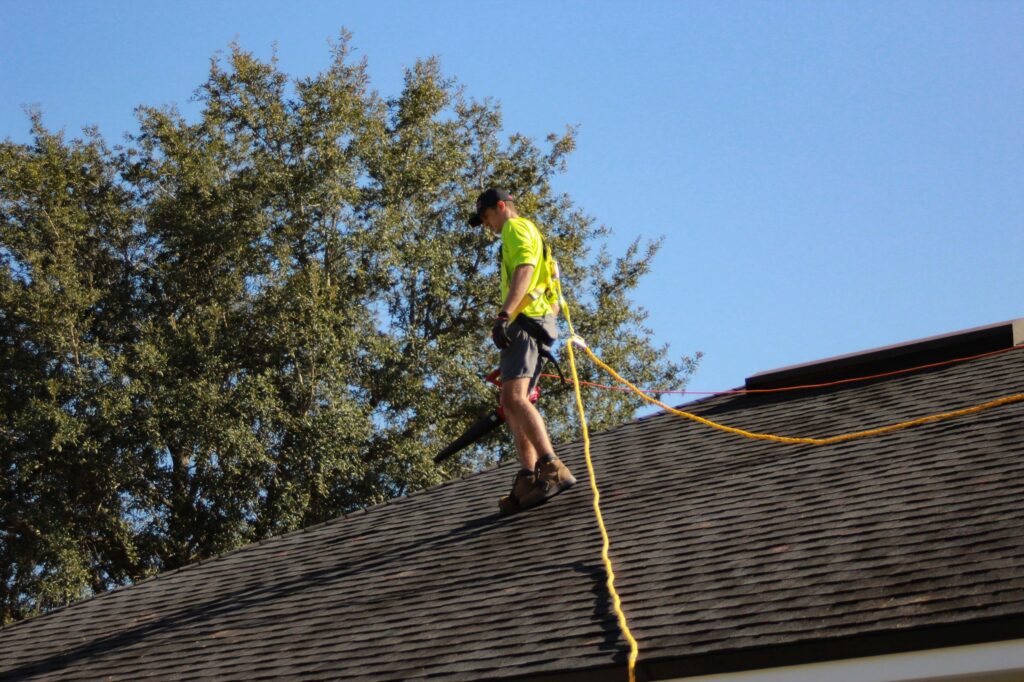
There are 27 million domestic buildings in the UK and the majority of them require significant energy efficiency improvements. The requirement for landlords to achieve EPC grade C or above is likely to bring significant demand for energy efficiency retrofitting.
The scale of this task has prompted the introduction of a system for managing retrofits to ensure that they are done in the most efficient and cost-effective way. This framework is called Pas2035 and it offers an end-to-end framework for energy retrofit measures.
‘Fabric first’
A fabric-first approach recognises that most buildings in the UK have poor thermal efficiency and simply leak heat. It prioritises fixing these issues before turning attention to other measures, such as renewable heating sources.
The key point is that any benefit from installing energy-efficient heating sources will be reduced if the fabric of the building is not improved.
20-year ‘whole house’ plan
The ‘whole house approach’ means that all aspects of the property need to be considered before any Energy Efficiency Measures are introduced. It also gives priority to the occupant’s health and well-being as well as energy efficiency.
A properly structured approach would involve creating a 20-year plan with work addressed in the following order;
Building fabric
o Poor pointing
o Damp/Water ingress
o Cracked bricks etc
Then low-cost energy efficiency measures
o Low-energy lighting
o Heating controls etc
Only after implementing those improvements would more costly measures be considered, for example, insulation, heating systems and ventilation.
The principle is the fabric of the building needs to be addressed to make the other initiatives worthwhile and cost-effective.
Raising awareness
The PAS2035 framework focused heavily on the building occupants and making them aware of how their behaviour impacts on energy efficiency. For example, there is little value in insulating the building if the occupants then just leave the windows open while the heating is on.
PAS 2030
To demonstrate that an installer is effectively operating to the Pas2035 framework they are able to gain the PAS2030 certification. By gaining the certification the installer can demonstrate that their installations are compliant with the framework.
If you are considering retrofitting your properties working with a PAS2030 certified business is a good way to ensure the work is completed in the most energy-efficient and cost-effective manner. Furthermore, working with an accredited supplier is likely to make access to future funding for this work easier.
Post Tags :
Share :
An expert will get in touch with you.
You can find us here
Copyright © 2025 Improve EPC